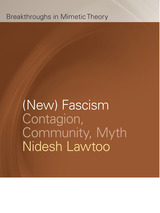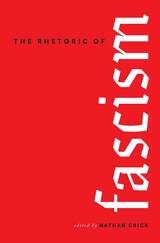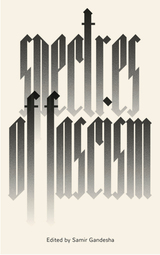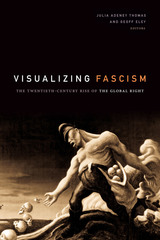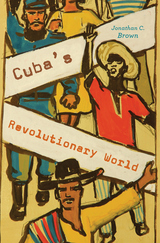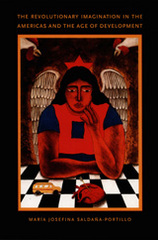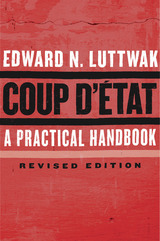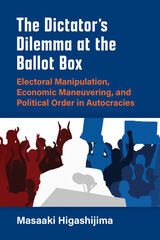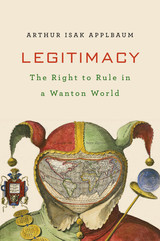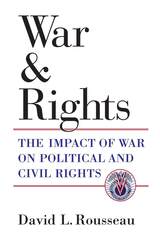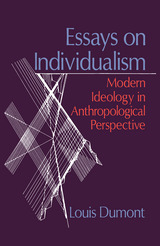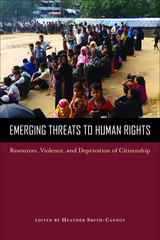Revolution and World Politics: The Rise and Fall of the Sixth Great Power
Duke University Press, 1999
Cloth: 978-0-8223-2427-0 | Paper: 978-0-8223-2464-5
Library of Congress Classification JC491.H188 1999
Dewey Decimal Classification 321.09409
Cloth: 978-0-8223-2427-0 | Paper: 978-0-8223-2464-5
Library of Congress Classification JC491.H188 1999
Dewey Decimal Classification 321.09409
ABOUT THIS BOOK | AUTHOR BIOGRAPHY | REVIEWS
ABOUT THIS BOOK
Revolutions, as much as international war or nationalism, have shaped the development of world politics. In cause, ideology, and consequence they have merited description as a “sixth great power” alongside the dominant nations. In Revolution and World Politics Fred Halliday reassesses the role of revolution from the French Revolution to the Iranian Revolution and the collapse of communism.
Halliday begins by tracing the origins and evolution of the modern concept of “revolution” and placing it in historical context. Arguing that revolution is central to any understanding of international relations, he examines the internationalist ideology of revolutionaries who are committed to promoting change elsewhere by exposing revolution. In contrast with the claims of revolutionaries and counterrevolutionaries alike, he sees revolutions both as part of an internationalist social conflict and as a challenge to the system of states. Chapters on the distinct foreign policies of revolutionary states are followed by discussions of war, counterrevolution, and postrevolutionary transformation. The study concludes with a reassessment of the place of revolution within international relations theory and in modern history, drawing out implications for their incidence and character in the twenty-first century.
Students and scholars of international relations, political science, sociology, and history will value this major contribution to understanding worldwide developments in government and society.
Halliday begins by tracing the origins and evolution of the modern concept of “revolution” and placing it in historical context. Arguing that revolution is central to any understanding of international relations, he examines the internationalist ideology of revolutionaries who are committed to promoting change elsewhere by exposing revolution. In contrast with the claims of revolutionaries and counterrevolutionaries alike, he sees revolutions both as part of an internationalist social conflict and as a challenge to the system of states. Chapters on the distinct foreign policies of revolutionary states are followed by discussions of war, counterrevolution, and postrevolutionary transformation. The study concludes with a reassessment of the place of revolution within international relations theory and in modern history, drawing out implications for their incidence and character in the twenty-first century.
Students and scholars of international relations, political science, sociology, and history will value this major contribution to understanding worldwide developments in government and society.
See other books on: Revolution | Revolutions | Revolutions, Uprisings & Rebellions | Rise Fall | World politics
See other titles from Duke University Press


